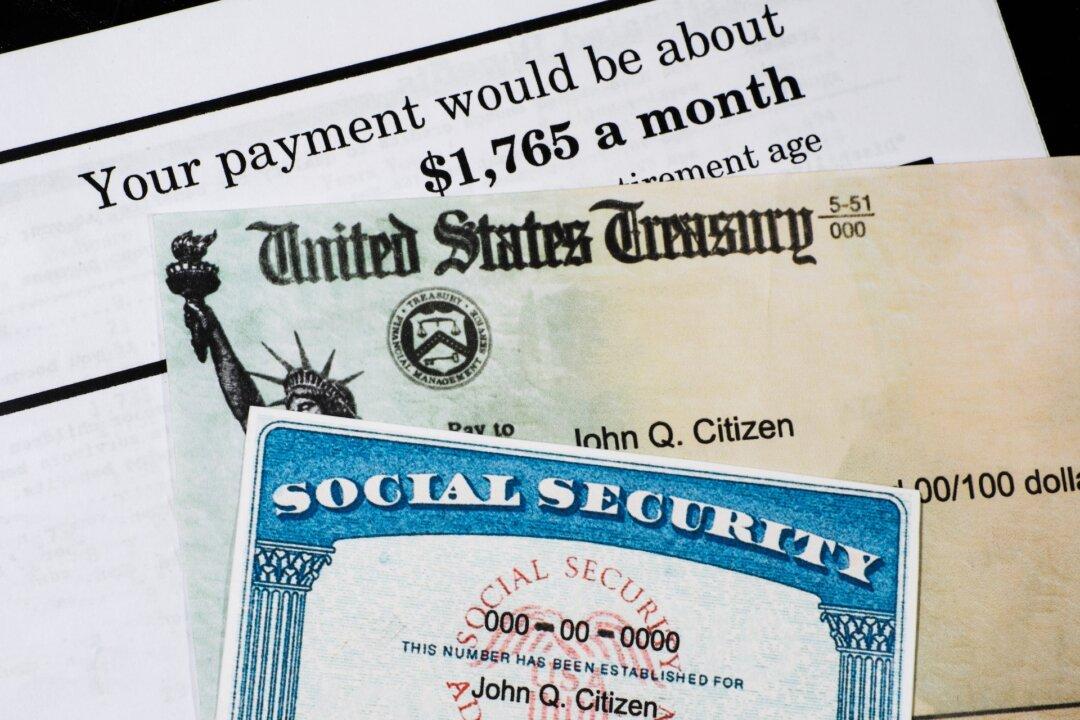There is probably nothing I am asked more often than some version of this question: “When should I file for my Social Security?” But as I’ve said repeatedly in this column, I am not a financial planner. So I really can’t advise you about the best time to start your Social Security benefits. I can tell you that there is no magic or secret formula. It’s simply a decision only you can make after considering such things as your health and your financial situation.
But what I can do is explain Social Security rules to help you make that decision. In my book “Social Security—Simple and Smart,” I have a whole chapter devoted to this topic. You can order the book online at Amazon.






